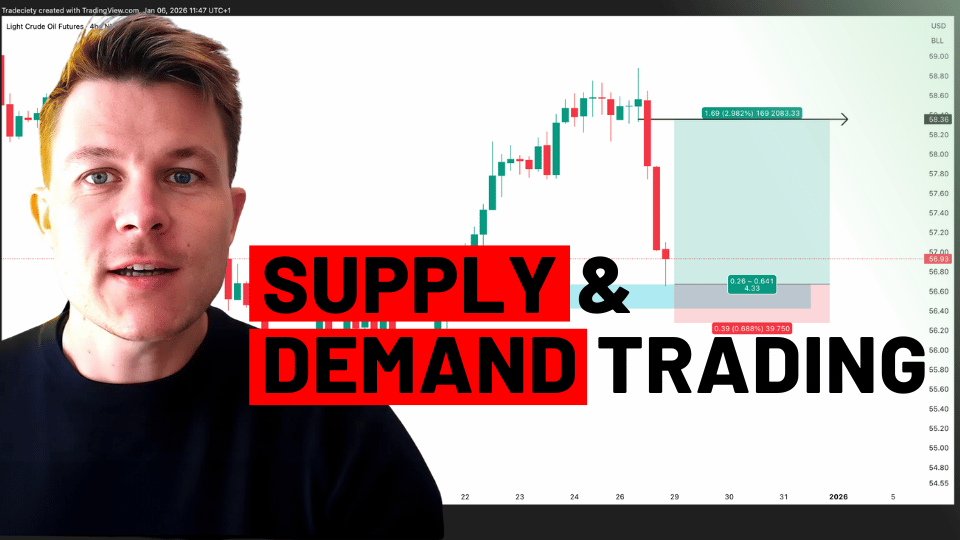Supply and Demand Trading in 2026
We have been trading supply and demand strategies for over ten years, and they have stood the test of time remarkably well. Supply and demand is...
2 min read
Rolf
Aug 20, 2018 6:53:32 AM
I recently listened to a great podcast with Tim Ferris where he talked about the concept of getting back to “baseline” in the context of depression and not feeling happy. The concepts grabbed me immediately and I can see how this can have a huge impact for traders as well.
I have seen other people talk about this concept, especially Dr. Michael Gervais on his findingmastery podcast, which I highly recommend. But also Dr. Peterson has been talking about it frequently in the context of working with his patients as a psychologist.
When working with a depressed person, one of the things a therapist can do is prescribe some pills to lift the mood and create a quick-fix. But this is just a surface-level approach which does not focus on the cause but just changes the sympthom.
Instead, or additionally, a therapist can also ask such a person:
If a seemingly depressed person then answers that he/she does not exercise at all, eats poorly, doesn’t get a lot of sleep and gets to bed late, dislikes his/her job and does not have good social interactions, the “depression” is probably not a classic depression but just the result of poor life choices.
Of course, I do not claim to be an expert, but doesn’t it make sense to look deeper and avoid labeling certain manifestations without a proper analysis?
If we follow the example above, a person who feels unhappy and weak should, thus, start making some small changes in his/her lifestyle.
Eat less junk, drink less alcohol, move more, gossip less, read more (and better) books, avoid social media, do not watch TV, pick up stimulating hobbies and go to bed earlier.
It is very likely that such a person will experience a change in overall life-satisfaction and sees energy levels rising.
You probably wouldn’t need a doctor to tell you this, but it seems like we lose the ability to apply common sense more and more. We go for what is easy and gives us short-term pleasure without thinking about the long-term impacts. We always want the quick-fix that shields us from doing the “hard” and necesary work.
Of course, it still may be possible that the drepression will stay, but in many cases you’ll be able to see an overall improvement.
This is then the “baseline” level where the person is not harming him-/herself with poor life-choices.
Dr. Peterson often says that you should treat yourself like someone that you care for and that you wish success for. It is such a simple thought and we would all agree, but in reality we are our own wirst critics, we use negative self-talk and don’t treat ourselves well.
Many traders believe that their current trading strategy is not working and they attribute their losses to a flaw in their system. They then try to fix it by looking for a new system, buy a new course, try a new indicator and endlessly hunt for the Holy Grail.
This is the previously mentioned surface-level approach to fixing the sympton but not the cause.
Whenever I work with traders, I usually see quickly that bad trading results are not the cause of a bad trading system, but it’s usually a combination of the following:
A trader who is guilty of the above, thus, does not lose because his trading system does not work, but because he/she is not trading well.
He/she has to come back to baseline to see and understand his trading method. He/she will only be able to judge his trading strategy once he can avoid the bad behavior that is creating all the noise and inconsistencies.
And once the trader is able to control his behavior, it will become clear that his system was not the issue to begin with, but the losses were caused by his/her mistakes.

We have been trading supply and demand strategies for over ten years, and they have stood the test of time remarkably well. Supply and demand is...

3 min read
Choosing the right trading journal is essential for traders wanting to analyze performance, refine strategies, and improve consistency. In this...

3 min read
“95% of all traders fail” is the most commonly used trading related statistic around the internet. But no research paper exists that proves this...